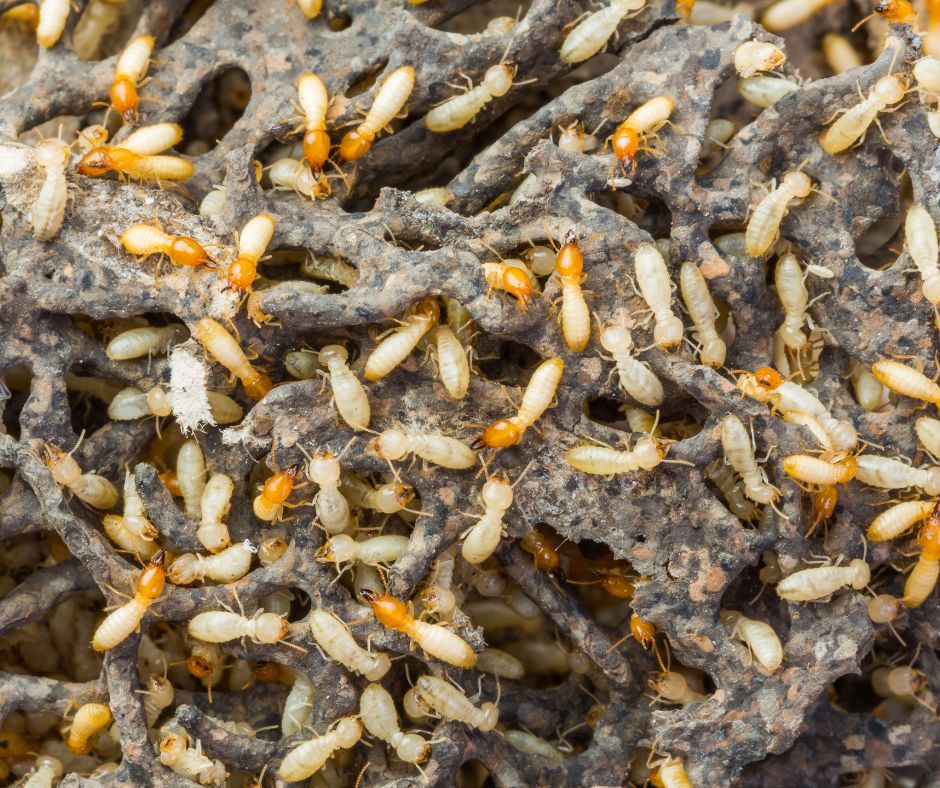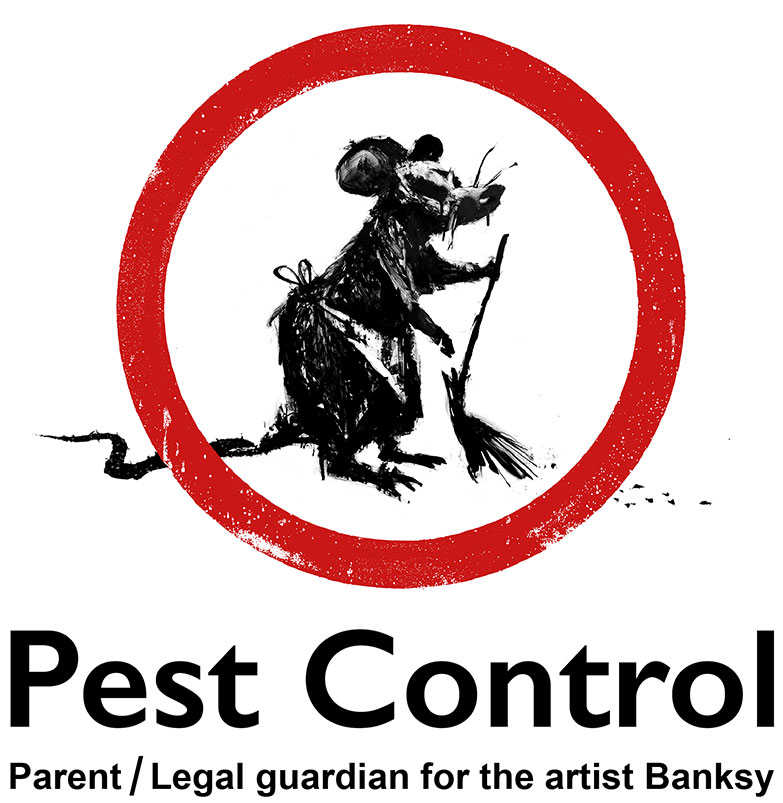Highly-rated Pest Control in Charlotte County for Your Property and Company
Learn More About the most up to date Advances in Bug Control and How to Apply Effective Therapy Solutions
In recent years, the area of pest control has observed considerable innovations, driven by the need for lasting and effective therapy services. Ingenious approaches such as Integrated Insect Monitoring (IPM) combine environment-friendly exercise with advanced technology, boosting both efficacy and environmental obligation. The integration of smart innovations and DIY approaches has actually encouraged people to tackle pest issues much more efficiently. As we check out these advancements, it ends up being necessary to recognize just how ideal to carry out these approaches in numerous setups to accomplish ideal results. The implications for pest management techniques could be transformative.
Eco-Friendly Bug Control Options
In recent times, the demand for environment-friendly pest control options has surged as home owners and businesses alike look for sustainable choices to typical chemical treatments. This shift is driven by growing environmental awareness and a desire to reduce the health and wellness threats associated with synthetic pesticides.

Environmentally friendly insect control methods incorporate a variety of techniques that focus on the use of all-natural compounds and techniques. Integrated Bug Management (IPM) is one such strategy, combining organic, cultural, and mechanical methods to manage parasite populations while lowering reliance on chemicals (Wildlife removal services). This alternative method highlights avoidance through environment adjustment and the introduction of natural predators, therefore fostering a balanced ecological community
An additional popular choice is using botanical pesticides derived from plants, which have a tendency to be much less hazardous to non-target organisms. Products like neem oil and diatomaceous earth have actually gained traction for their performance in controlling pests while positioning marginal risks to human health and the environment.
Additionally, exemption strategies, such as sealing access points and maintaining sanitation, play an essential role in environment-friendly bug administration. By adopting these lasting methods, companies and people can efficiently manage pests while promoting a healthier earth for future generations.
Smart Technology in Parasite Monitoring
Advancement is reshaping the landscape of insect administration, with clever technology becoming an essential force in boosting efficiency and effectiveness - Wildlife removal services. The assimilation of Web of Things (IoT) devices, synthetic intelligence (AI), and data analytics is changing exactly how bug control professionals approach invasions
Smart catches geared up with sensors can detect parasite activity in real-time, sending immediate notifies to drivers. This permits prompt actions, reducing damage and decreasing the need for comprehensive therapies. Additionally, AI formulas examine historic data to forecast parasite actions, enabling positive interventions based upon ecological conditions and infestation patterns.
Drones and automatic vehicles are additionally playing a significant duty in insect administration, giving aerial evaluations of big locations, determining hotspots, and also distributing targeted treatments. These innovations not only simplify operations but additionally enhance safety and security by limiting human exposure to potentially harmful chemicals.
Moreover, mobile applications encourage customers to check bug task and gain access to professional recommendations, cultivating a collaborative method to pest management. Overall, the adoption of wise innovation is establishing a new requirement in parasite control, emphasizing data-driven choices and sustainable techniques that eventually benefit both specialists and homeowners alike.
Integrated Parasite Administration Approaches
Integrated Pest Management (IPM) utilizes a holistic approach to pest control, combining various techniques to successfully take care of parasite populations while minimizing dangers to human wellness and the atmosphere. IPM revolves around comprehending the pest life cycle, their all-natural opponents, and the environment in which they grow.
One of the essential components of IPM is keeping an eye on pest populations with regular examinations and data collection. This enables the identification of parasite limits, determining when treatment is needed. Cultural practices, such as crop sanitation, rotation, and environment manipulation, are essential in decreasing insect occurrence and advertising plant wellness.
Mechanical controls, consisting of obstacles and traps, are likewise essential in IPM. These techniques can literally eliminate or prevent insects without making use of chemicals. When necessary, the judicious application of chemical controls is utilized, concentrating on targeted therapies that minimize ecological effect.
Education and cooperation among stakeholders, including farmers, parasite control experts, and the community, are essential for the successful implementation of IPM methods. By prioritizing sustainable methods, IPM not just addresses pest concerns yet additionally cultivates a healthier ecosystem.
Biological Control Techniques
Many organic control approaches are progressively recognized for their performance in taking care of insect populations while promoting ecological equilibrium. These methods harness natural killers, parasites, and microorganisms to reduce pest numbers without depending on synthetic chemicals. The intro of ladybugs can efficiently regulate aphid populations, while nematodes target soil-dwelling bug larvae.
In addition, the use of microbial pesticides, such as Bacillus thuringiensis (Bt), offers an environmentally friendly choice for taking care of caterpillar insects. These items specifically target pest types, decreasing damage to valuable insects and pollinators. Preservation organic control stresses boosting environments for natural enemies, such as birds and advantageous bugs, thus motivating their existence in agricultural systems.
Research study remains to expose cutting-edge strategies within this area, such as using pheromones to disrupt pest mating patterns or the development of biocontrol representatives via hereditary engineering. Executing these methods can lead to lasting parasite monitoring practices that minimize the reliance on chemical treatments, ultimately cultivating much healthier environments. As awareness of these techniques grows, they are becoming integral elements of integrated bug administration (IPM) methods, providing a balance in between efficient parasite control and environmental stewardship.
DIY Parasite Control Solutions
As homeowners look for efficient ways to take on insect issues, do it yourself insect control solutions have actually gotten popularity for their access and cost-effectiveness. These techniques empower people to attend to infestations making use of easily offered materials and strategies, commonly without the need for specialist important link intervention.

Additionally, preserving appropriate cleanliness and routine assessments can stop bug access and nesting (Wildlife removal services). Simple practices, such as securing splits, getting rid of food resources, and decluttering, can substantially reduce bug populaces. Traps, both homemade and commercially available, can additionally supply reliable options for tracking and controlling specific parasites like insects or rats

Verdict
The combination of environmentally friendly pest control options, smart modern technology, and innovative administration approaches presents an extensive technique to reliable pest administration. By accepting Integrated Parasite Management (IPM) and utilizing biological control methods, alongside DIY options, liable and lasting pest control can be achieved. These developments not only explanation improve the effectiveness of bug administration techniques but additionally add to a healthier setting. Executing these strategies fosters a well balanced community while properly addressing pest populaces.
Eco-friendly parasite control techniques encompass an array of techniques that prioritize the usage of natural materials and methods. Integrated Parasite Administration (IPM) is one such method, incorporating biological, social, and mechanical strategies to take care of bug populaces while minimizing reliance on chemicals. As understanding of these techniques grows, they are coming to be important parts of integrated parasite management (IPM) approaches, providing a balance between reliable pest control and ecological stewardship.
The assimilation of environment-friendly parasite control options, wise technology, and ingenious administration strategies provides a detailed approach to effective bug monitoring. By embracing Integrated Insect Administration (IPM) and making use of biological control methods, together with Do it yourself remedies, responsible and sustainable insect control can be attained.